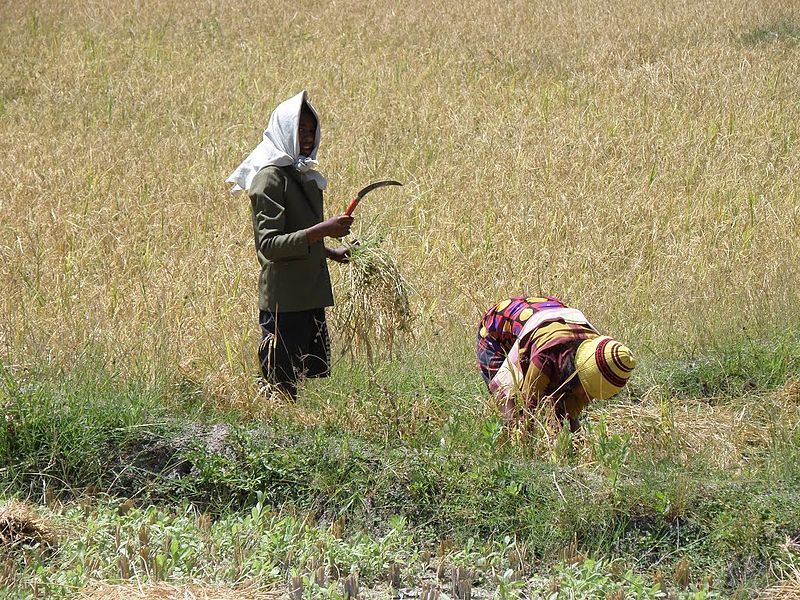Timor-Leste becomes first country in Asia-Pacific to launch UN’s Zero Hunger Challenge
Timor-Leste has become the region’s first country to launch a national campaign under the United Nations Zero Hunger Challenge, which seeks to ensure universal food security in the face of looming climate change

Timor-Leste, the youngest country in Asia-Pacific, became the region’s first to launch a national campaign under the United Nations Zero Hunger Challenge last week.
Ban Ki Moon, Secretary-General of the United Nations, launched the Zero Hunger Challenge in 2012 with the goal of creating global food security, and where livelihoods and food systems are resilient enough to withstand the impacts of global climate change.
Its five specific objectives are to make sure that the world's population has access to enough nutritious food all year long; end childhood stunting; build sustainable food systems; double the productivity and income of smallholder farmers; and prevent food from being lost or wasted.
Tmor-Leste has a population of some 1.1 million people, but the Asia-Pacific region is home to nearly two-thirds of the world’s chronically food insecure, with some 575 million thus classified.
Asia and the Pacific saw the regional launch of the Challenge at ESCAP’s 69th Commission session in Bangkok last April but Timor-Leste is the first country to pilot the creation of a national action plan.
The region has made good progress in reducing the proportion of the population suffering from chronic hunger, which has declined from more than 24 per cent in 1990-92 to 13.5 per cent in 2011-13, but it is still home to more than 553 million undernourished people with underweight children still comprising more than 34 per cent of all children in South and South-West Asia.
According to the preliminary results of a new study in Timor-Leste, malnutrition rates have been significantly reduced from nearly 45 per cent in 2010 to just over 38 per cent last year, with chronic malnutrition in infants under 23 months reduced from 49 per cent to 38 per cent.
Underlining the challenge confronting Asia and the Pacific, UN Food and Agriculture Organization (FAO) Regional Representative Hiroyuki Konuma told last April’s Bangkok meeting that despite efforts to reduce hunger, and the rapid economic growth in much of Asia, progress in eradicating hunger has been very slow.
“One in every eight people in Asia-Pacific lacks the most basic human right because they are victims of chronic hunger,” he said. “Nearly two-thirds of the world’s chronically hungry people live in the Asia-Pacific region.”






